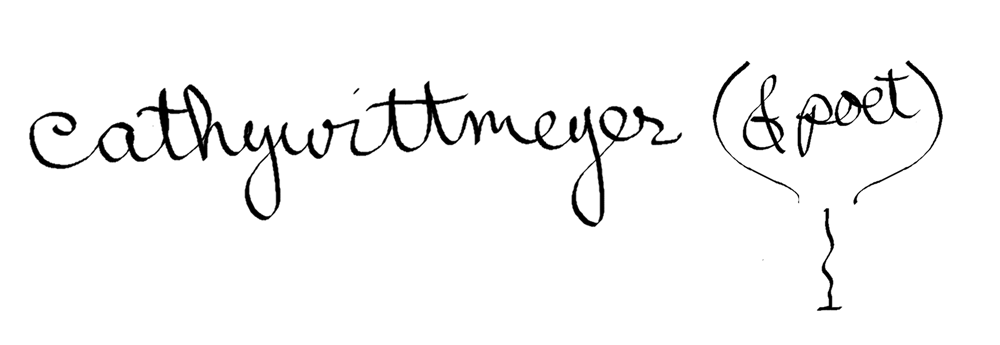Have you ever done something as you planned and prepared for it, received well-intentioned compliments, and only felt terrible afterward? Well, it’s over: Thursday’s Zoom reading in which I read new material next to some amazing poets that shattered me temporarily (Raising Our Voices poetry reading hosted by Carlow University’s MFA program). I couldn’t figure out why I felt disappointed and very, very sad. Sure, it was almost 3 a.m. in my time zone (the Zoom was hosted in EDT) when it ended so I was tired. I stayed awake for another hour trying to sort out my feelings: was I embarrassed to hear my poems next to the other fantastic ones; was I doing that thing where I compare my work and want to give up writing forever; was I expecting something more from the audience; was I expecting more people? The honest answer to these questions was a certain, “no,” but still I felt let-down, an anti-climax of sorts.
I reached out to my cousin, a musical performer who I grew up admiring because his voice resonates (I can hear him as Joseph in Joseph & The Amazing Technicolor Dreamcoat all these 30-some years later). He relates. He said that sharing our work is, “vulnerable so … it’s natural to have those types of feelings afterwards. We can be our own worst critic, which … goes hand in hand with wanting to do well.” He has developed compassion for himself and an ability to laugh and to keep things in a broad perspective. I wish I were so mature (turning fifty this year).
I reached out to poet-friends who agreed that, especially during this Zoom-era, readings can leave us feeling sad. There is no immediate response from the audience (on “mute”), no head nods, no affirmative “mmm-mmm’s,” no questions afterword or congratulations. It can make us feel isolated when we are left with the chat, which I only discovered in its entirety the next day. I didn’t know until the morning after that so many of my friends scattered all over the world (from Norway to Singapore) would be listening. The emails were very generous. My poet-mentor even wrote to ask if one of the new poems was published yet. I got lots of virtual big hugs and congratulations. The words beautiful, and great and vivid and moving were scattered about. It was very nice but, did I feel better?
What is this self-doubt all about? Is it a mechanism to improve our work? How could it be if I’m not revising all of my poems? I like them the way they are. There. I said it. I was reacting like a Kindergartner, who throws tantrums. I certainly had not reached the maturity level of my cousin. It was not a conscious decision to feel badly, it was a disappointment I am not used to and it has to do with the Zoom-room. I usually love the excitement of reading to a room, however small the party. I miss the warmth of the crowd. It has been a year of isolation and no wonder, I miss people.
At the start of the pandemic, after I mostly recovered from Covid and Bronchitis, I embraced Zooming with the English-speaking world. I loved that I could participate in readings and festivals, like Dodge, that are usually beyond my reach because of location and schedule obligations. I forgot that my hope for my poems is that they move people. When I watch Zoom readings, I am moved for sure. This was the first time I observed a virtual reading from the reader’s perspective. The warmth of a message-in-the-chat is two-dimensional and sadly, cannot live up to the expectation of a three-dimensional human being.
The video was recorded for the participants only. I made my children sit through it. They were kind, having heard some of the poems before, or claiming to have heard them all. They were critical of my zoom-camera positioning, my outfit, the lighting (that gave me a darkened eye), and kind about my voice. Finally! I felt the honesty of the room.
